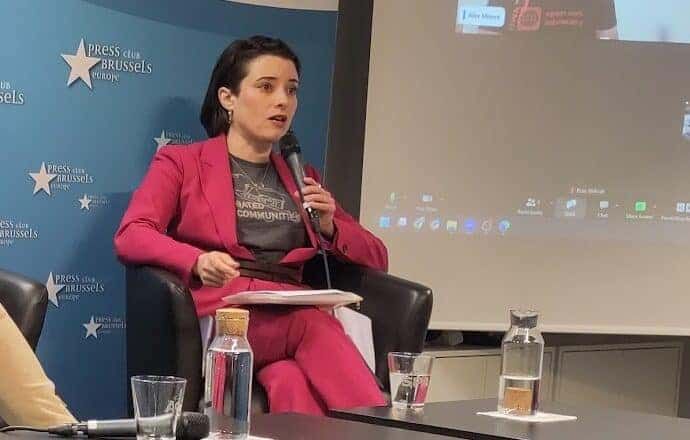
The Benefits of the Digital Markets Act
For years now, Big Tech companies have abused their power and market dominance to limit competition and force us into using their services, but it doesn’t have to be this way. On the 6th of March, a new EU law called the Digital Markets Act (DMA) will come into force, letting developers compete fairly, and giving citizens more choice, so what does it change for you?
Why does Spotify cost more on iPhones? Why does Amazon hide cheaper options in favour of its own products? Why is it so hard to change my default browser on Windows? Why is YouTube slower on Firefox? Why do I need five different messaging apps just to keep in touch with my friends? Why can’t I sign up for Netflix from my phone? All of these questions have one answer: because you rely on big companies for many of these services, and giving you the best experience simply isn’t in their interest.
In an ideal world, when this happens you could just move to another service, but some services have become so big there is no way out: You don’t like that Apple slap a 30% tax on your Spotify subscription, but you don’t like android phones so you have no alternative. And maybe you’d love to speak to all your friends on one platform, but can’t convince them to switch.
Luckily, the DMA is here to change that, singling out the so-called “gatekeeper” companies which can abuse their dominance, and imposing strict rules to make sure they act in the interest of consumers, and don’t stand in the way of fair competition.
This will mean changes to a lot of the services we use on an every-day basis, firstly by making sure that products and services that rely on gatekeepers products and services are treated fairly.
Engines behind Web Browsers & Search
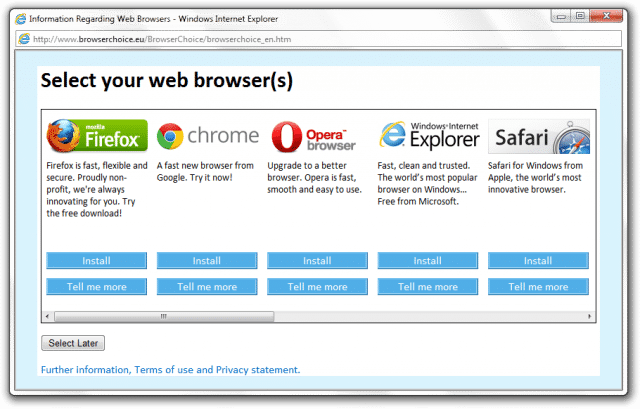
The impact the new law will have on Web Browsers and Search Engines is massive. The debate over these issues has been ongoing since the 2010s, and while the EU did enforce user choice for a brief while. In recent years the situation had gotten a lot worse: on mobile Google shipped Chrome by default and practically captured the entire android market, along with the search market, and Apple don’t even allow alternate browser engines on their platform. And yes, you can download other browsers on iPhones, but instead of using their own engines, they are forced by apple to use Safari’s engine: essentially they are safari in different clothes.
On the desktop, Microsoft had also made some particularly edgy decisions, by forcing users to open links in their browser and search with its search engine, preventing its removal, and preventing users from changing the default browser easily.
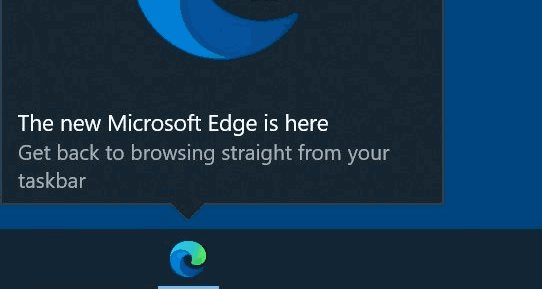
Thankfully, these practices are ending: Google have implemented a browser choice screen for EU users when they buy a new phone, while Apple will be forced to allow alternate browser engines and Microsoft will allow EU users to remove or replace its default browser and search engine.
These changes have been praised by the tech community as a significant step forwards for users, they will also help guarantee fair competition for developers.
App Stores and Payments in App
But there can be no fair competition when one entity controls how applications are distributed, and how developers can make money. Which is why, thankfully, progress is being made on App Stores and payment methods, too. Until now, both major mobile ecosystems have been locked to a single App Store by default the corporations behind them control who gets to publish apps, what kind of apps and features are allowed, what developers must do in order to get their applications published, and how much they can profit from their successes.
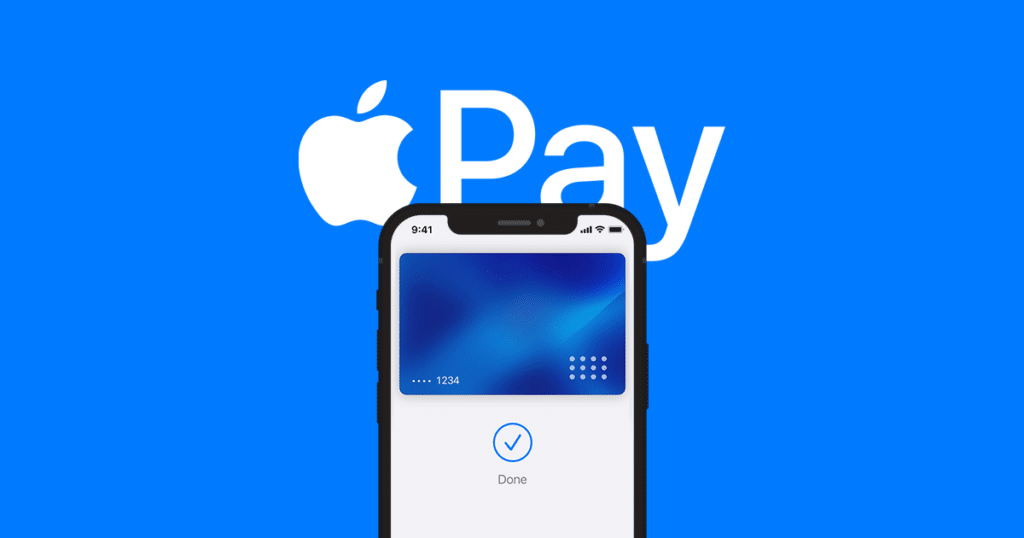
For years, they have abused this power to favour their own applications and services, while any competing application stores are heavily restricted or entirely impossible, and platforms take an enormous cut of the profits from developers. Ending this monopoly is the only way to ensure a competitive environment for developers and freedom of choice for users.
As regulators and legislators around the world seek to address these important issues, the Coalition for App Fairness urges them to recognize that every app developer, regardless of size or the nature of their business, is entitled to compete in a fair marketplace. The coalition features a number of European tech companies, like Spotify, Deezer and Proton to name a few, all of whom have been fighting Apple’s extremely restrictive payment infrastructure, which even takes a cut of users’ subscriptions to services.
In the US, this fight has been pioneered by Epic Games in their case against Apple, and the US courts have concluded that Apple cannot disallow developers from informing users about alternate payment methods, but stopped short of forcing apple to allow alternate methods.
But while in the US, progress has come through the court system, in the EU, the DMA is forcing Apple and Google to change their approach: Thanks to the DMA, third-party app stores and payment methods will be officially allowed on Android and iOS, ending the monopolies on app purchases and in-app purchases. I’m very glad this will be among the things to change with the DMA coming into force.
Update: unfortunately, since this speech was given, it would appear Apple have gone out of their way to avoid compliance at all costs, you can read my thoughts on that here. Along with other MEPs, I also made a statement to the media concerning the impact of Apple’s changes on Progressive Web Apps, which you can find here. The statement was reported on in the Financial Times. Apple has since reversed their changes to Progressive Web Apps.)
Phone features
There is one caveat, though: this also has to come with guarantees that third-party apps have access to the same features and APIs as first party apps!
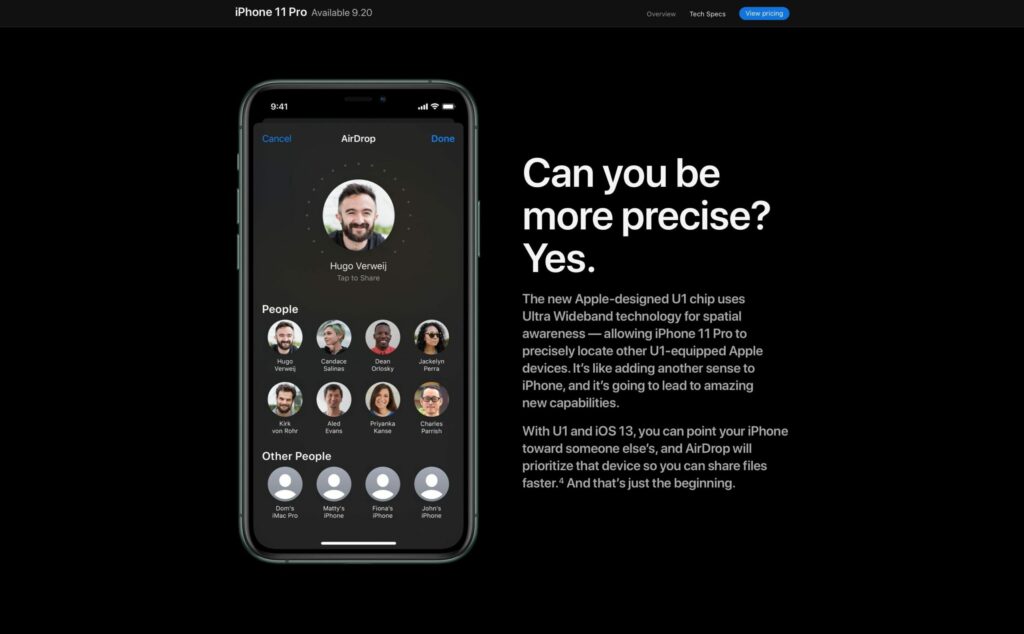
For instance, we’ve seen Tile, the bluetooth location-tracking tags, prevented from using some of the new hardware features of iPhones, like ultra-wideband, and repeatedly cut off from access to location data they need by iOS. This, to protect Apple’s AirTags from the competition they were facing from tile. I hope the Commission will keep a close eye on this kind of behaviour, and nip it in the bud.
Benefiting consumers & developers
Taken together, these new rules on vertical interoperability will usher in a plethora of new opportunities for developers to fairly compete with big tech on the basis of the merits of their product, not the platform it runs on.
This, at a time when some of the big tech solutions are no longer satisfying users: frustration over a surge of AI generated content in Google Search results means there is an opening for a better search engine; meanwhile, anger at the decision to ban ad-blockers in Chrome, means there is an opportunity to build a better browser; and as a variety of online services impose stringent limitations on how their services can be used, citizens are looking for new, open alternatives.
Making it easier to keep in touch with your friends
Another benefit of the DMA will be that we will be able to message our friends from the app of our choice: the new law will also impose that WhatsApp and Messenger offer interoperability with other messaging services: want to message your Messenger-using friends from Signal? No problem!
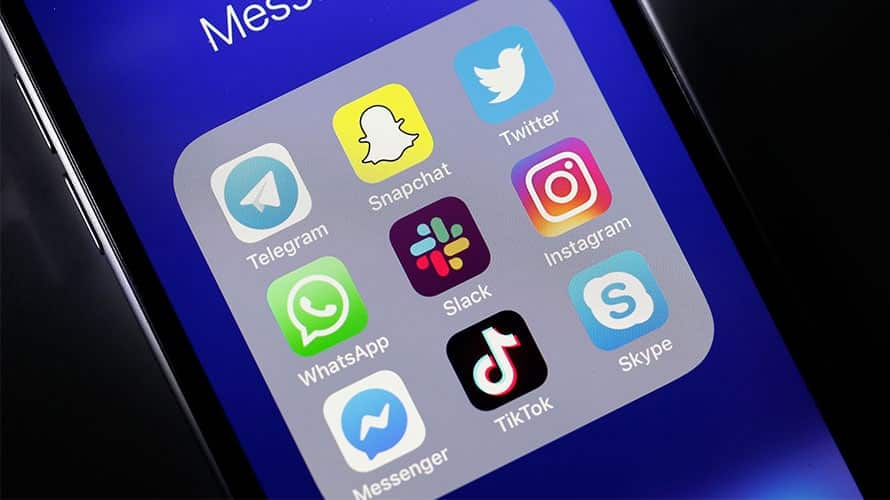
This all sounds amazing, but you’ll notice that one of the biggest messaging services is absent from the list. The fact that Apple’s iMessage has escaped scrutiny, uncovers a major weakness of the DMA, and re-evaluation is needed: iMessage is shipped by default to every iPhone in the Union. It is not reasonable to suggest that they are not gate-keepers. In spite of this, there is still some progress, with Apple promising to adopt the interoperable RCS messaging standard. But it remains to be seen when they will fulfil this promise, and given their borderline-malicious plans to comply with other parts of the DMA, I’m not optimistic.
Until we get interoperability of messaging services working, any challenger will always be blocked by the network effect. And it’s important to understand that interoperability won’t just open the doors to competition in the messaging sector, it will also foster the development of a whole ecosystem around messaging.So we need to get the ball rolling on this ASAP!
Enshitification and Gaps in the DMA
Finally, I think it is important to recognize that the potential benefits of interoperability in general can go well beyond messaging. Which is why I’d like to leave you today with a few thoughts about what the DMA got wrong, starting with our decision to limit horizontal interoperability to messaging services, and how it has enabled the enshitification of the web.
Enshitification is a phenomena where: a company treats its user base well, lets them build up rich communities on its platform, and even allows for a budding ecosystem of third-party tools and apps, then locks them in and attempts to make as much money as possible from them, relying on the network effect to prevent users from leaving.
The recent wave of enshitification of the web is only underlining that we may not have gone far enough in the DMA. It is a phenomenon we should have seen coming and, in my opinion, risks being a major challenge for both users and developers in the coming years. Enshitification takes many forms, but here, we’ll focus on the one that impacts developers the most: the closing down of APIs and locking down of services.
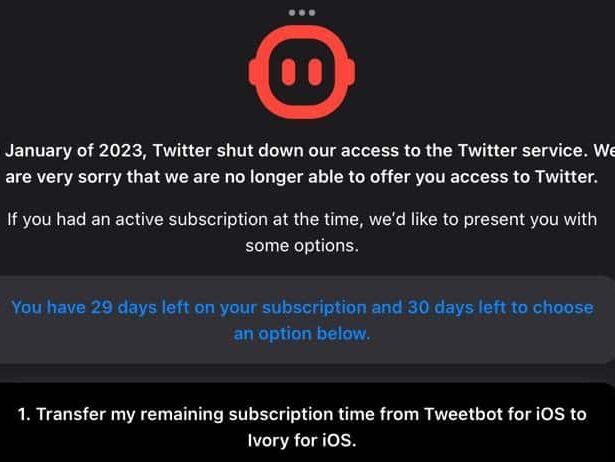
We are seeing multiple popular services shutter their APIs and lock down access: In early 2023, the platform formerly known as Twitter was among the first to do so. I wrote to the European Commission to ask about the competition implications of this decision, in particular with regards the DMA. As it stands, it does not look like the DMA applies in this situation and yet, Twitter’s decision to shutter its API decimated a thriving third-party app and service ecosystem built around the platform, including third-party apps, of which I was a regular user, but also a variety of third-party services and public service tools.
The decision comes during a growing scandal about the management of the platform, with more and more users of platform making use of it’s API to cross-post to other social media platforms, which suggests the shutdown was also designed to strangle competition.
Unfortunately, Twitter are not alone: Reddit also recently did exactly the same thing, and when its user base inevitably protested the decision, they used the network effect and their market dominance to brutally repress the protests, removing the leadership of many of the protesting communities.
The closing down of APIs is not only an issue regarding interoperability within the DMA but also excludes the operation of some of the requirements in the DSA: for instance, how can researchers have access to data if the API is closed, as it now is on the platform formerly known as Twitter?
Conclusion…
At the heart of these challenges is the fact that the DMA and DSA were not written expecting bad actors: but now, one of our main social media platforms is under the control of an authoritarian dictatorship, and another under the control of an unhinged billionaire.
We’re also seeing some reputable platforms making absurd claims about how their desktop and mobile browsers of the same name somehow aren’t the same product, and even resort to malicious and dishonest “compliance” measures (I’m looking at you apple!), all to avoid DMA obligations.
So as lawmakers we are quickly realising that perhaps we should have done more.
How the Commission chooses to enforce the DMA will be decisive in the future of the Web and mobile ecosystems. We will also have to decide if further legislative action is needed to plug gaps and address enshitification.
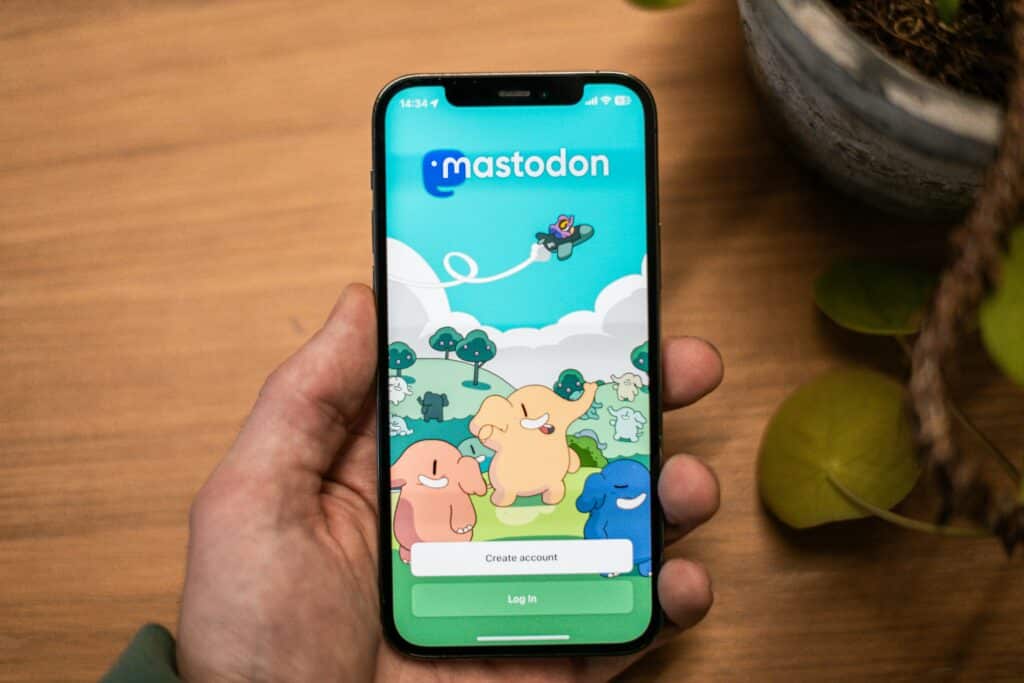
But there is reason for hope: although legislative solutions might not be here yet, technical solutions are already appearing: The Fediverse is already proving that it is possible to build vibrant, feature-filled services with interoperability as a feature.
One of the many such services is Mastodon, but now, there is talk of other major actors joining the Fediverse, like Threads, Tumblr, and Medium. Some services, like the popular News aggregator Flipboard, have already joined! This proves that open, interoperable services are possible, and the potential opportunities this creates for developers are enormous.
On the Legislative front, as this mandate comes to an end, I cannot stress enough that the future is in your hands. Because many MEPs wanted more interoperability and stronger rules, but weren’t able to garner enough support in Parliament to make it happen.
This is why voting is vital: politicians are needed that actually push these proposals. But making your voices heard is also so, so important: big tech is always knocking on the doors of MEPs and aggressively defending their own interests.
And some within the EU are now pushing to focus on building a few powerful champions within Europe, not innovative SMEs with a global impact. We need devs and startups to make their voices heard, and we need MEPs who will listen: so get out and vote, and keep pushing MEPs to do more: together we can build an open and prosperous future for developers and users across Europe.
This blog post is adapted from a speech delivered by Karen on January 25th, at an event on the benefits of the DMA organised by the Developers Alliance. This blogpost has been backdated to reflect the date the speech was originally delivered. You can find a full recording of that event here.